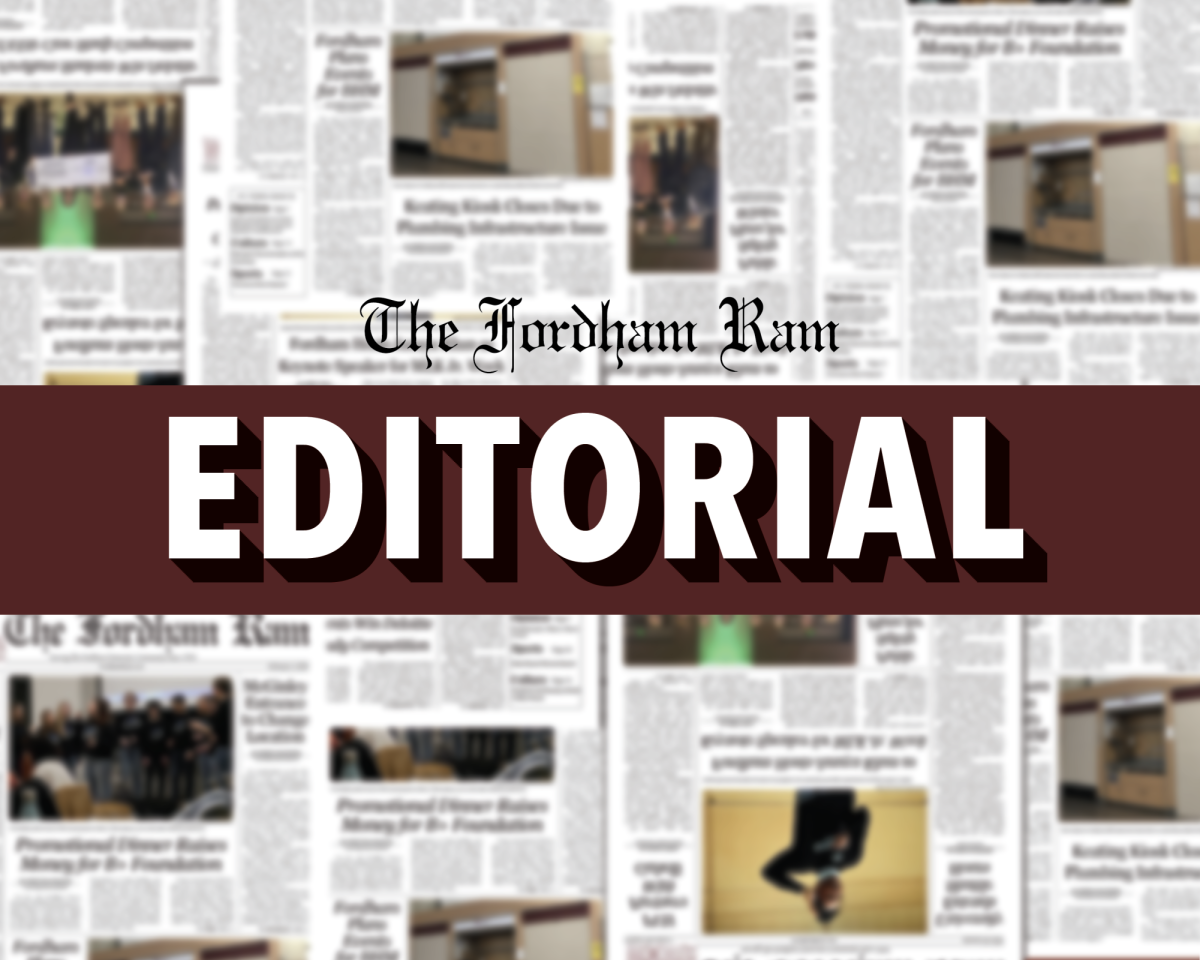Most undergraduate students at Fordham University have either already registered or are preparing for course registration for the spring semester. One crucial aspect of the registration process, if you are part of Fordham College at Rose Hill, is talking to your academic advisor. For editorial board members who are part of the Class of 2025, that means meeting with our faculty advisor in our major department to get our proposed class schedule approved. However, students in the years below now use a different system. They talk to a “professional” academic advisor that they keep even after choosing a major. After the Class of 2025 graduates, there won’t be any more faculty advisors, leaving the new advising center as the main way to get advice on course schedules. While we understand that the old system was not perfect, we believe that the new advising system does not work well for Fordham students.
How did the old advising system at Fordham work? During the first three semesters of undergraduate students’ time at Fordham, they would get advice from assigned academic advisors. The purpose of these advisors was to give guidance on major declaration, study abroad programs and undergraduate research until they chose a major. Once they declared a major, they would transition to a faculty advisor. Faculty advisors were able to give students specific guidance that was related to their chosen major. Members of the editorial board from the Class of 2025 have found this system to be helpful because we like being able to consult a professor within our major department on classes, internships and future career advice.
The new advising system is different. Instead of receiving a faculty advisor, students get a general academic advisor which they keep for their whole academic career. Fordham states that these advisors are able to “collaborate” with different departments and programs “on your behalf.” When students pick a major, they no longer get a faculty advisor. Now, Fordham encourages them to find their own “faculty mentors.” There is a whole section on the Fordham website talking about how important it is to connect with faculty as a way to “discover growth opportunities, develop your interests, and build skills.” Now it is up to the student to develop these connections.
The university is framing the new system in a positive way, but the reality is more complicated. When speaking to a history and American studies major who uses the new advising system, they described how they wished they had a faculty advisor from the history department, and they felt the new system made it harder to find a point of contact within that department. Instead of having a designated faculty advisor, they have to ask various professors for advice. Another issue they had with the system was its lack of consistency. When speaking to this student, they were on their third advisor in three years. The constant change made them feel it was hard to establish a relationship with their academic advisor. Their experiences with the system have left them with disappointment and the belief it was a “failed experiment.”
This is just one story from one undergraduate student, but it paints a drab picture of the current advising system. The new advising system website states advising is “essential to your success here at Fordham.” We wholeheartedly agree with this statement. All of us on the editorial board have had to rely on an advisor at some point during our time here. That is because higher education is a maze of requirements and it can be easy to get lost. While Fordham is full of incredible resources, it is hard for a student to find them if they don’t know how to look. Instead of being a roadmap through the maze, the new system seems to only add more to the confusion on the student’s end.
Some may argue that this new advising system is better. They may also argue that nothing is stopping students from finding their own mentors who can guide them. This point is valid, but we think it misunderstands the point of guidance. When most of us arrived at Fordham, we hardly knew how the university worked. While an academic advisor can help get a student settled at the university, the onus is moved to the student to find a mentor. Self-advocating is a crucial life skill that is important to develop, but it’s hard to do that when you don’t know who to talk to or where to look for help. It is in these moments of confusion when students need an advisor who can answer your questions and help you have a successful college career.
For these reasons, Fordham should either restart the faculty advisor program or encourage departments to invest time into undergraduate outreach. It will give students the ability to receive specialized advice for their major and possibly receive an important mentor. If Fordham decides to make these changes, it will be beneficial for the community as a whole.





































































































































































































